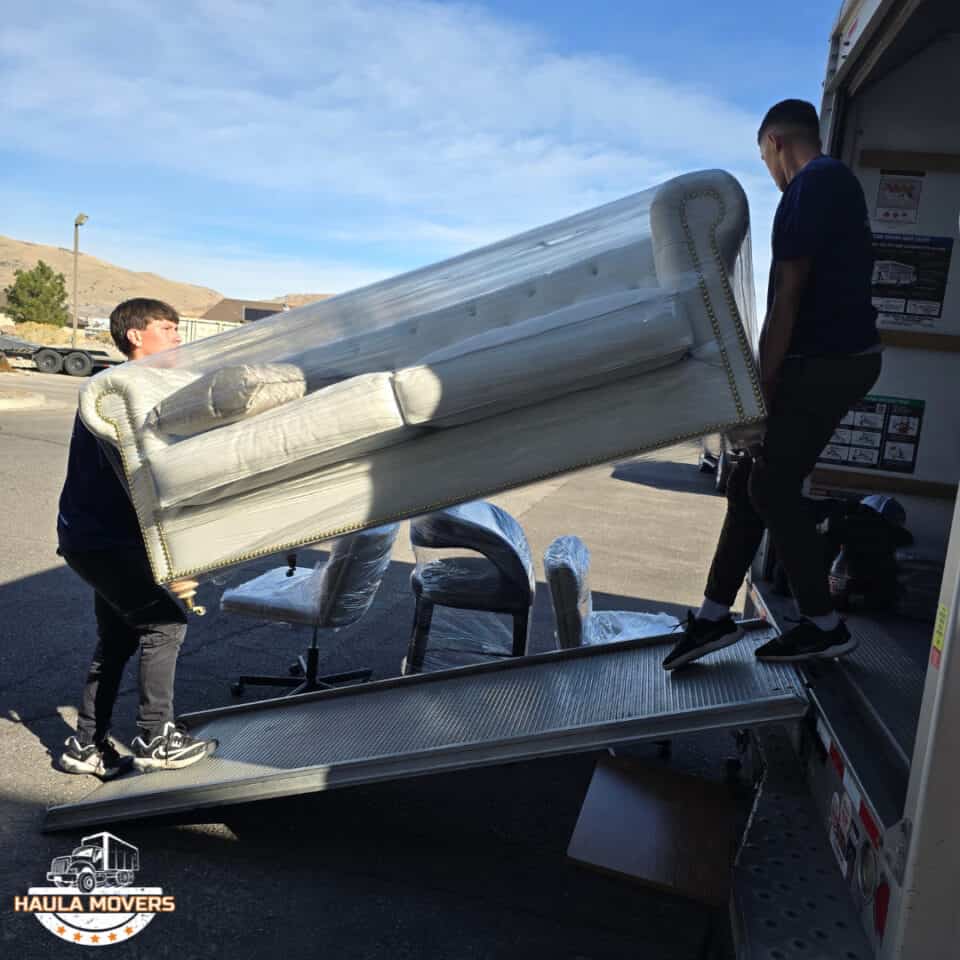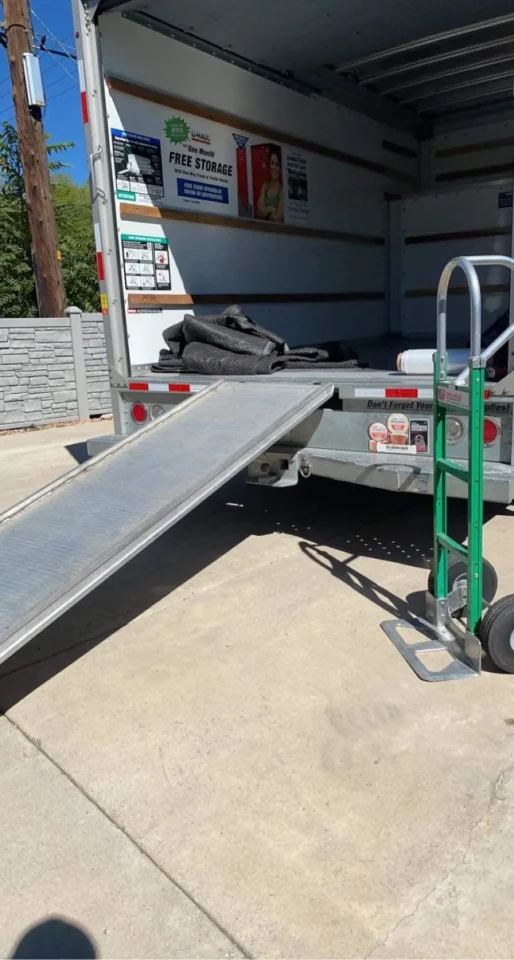Moving can be exciting, but it also comes with various expenses that can quickly add up. Understanding the cost of moving and how to budget effectively is key to ensuring a stress-free relocation. Here’s a cost of moving guide with essential budgeting tips to help you manage your move without breaking the bank.
1. Get Multiple Quotes
One of the most important steps in managing the cost of moving is getting quotes from several moving companies. Each company may offer different pricing based on services, distance, and other factors. Comparing quotes will give you a better idea of the overall cost of moving and help you find the best deal. Be sure to request detailed, written estimates to avoid hidden fees or surprise costs later.
2. Factor in Additional Services
When creating your moving budget, consider additional services that may affect the overall cost. These can include packing services, storage, special handling for delicate items, or moving large items like pianos. While these services may be optional, it’s essential to factor them into your budget if you plan to use them. Make sure you understand which services are included in your moving quote and which ones come with extra charges.
4. Budget for Packing Supplies
Don’t forget to budget for packing supplies as part of your cost of moving guide. Boxes, bubble wrap, packing tape, and other materials can add up quickly. You can save money by sourcing free or discounted boxes from local stores or using items you already have, like suitcases and plastic bins. However, make sure you have enough high-quality packing materials to protect your belongings during the move.

5. Account for Travel Expenses
If you’re moving long distance, be sure to budget for travel expenses. This includes gas, meals, hotel stays, and any necessary stops along the way. It’s easy to overlook these costs when focusing on the price of hiring movers, but travel expenses can significantly increase the cost of moving if not planned for in advance.
6. Set Aside an Emergency Fund
Unexpected costs can arise during any move, so it’s a good idea to set aside an emergency fund as part of your budget. Whether it’s last-minute packing supplies, an unexpected delay, or damage to an item, having a financial cushion ensures you’re prepared for any surprises. A good rule of thumb is to add 10-15% of your estimated moving costs to your budget as a safety net.
7. Know Your Moving Insurance Options
Protecting your belongings during the move is essential, so factor moving insurance into your budget. Many moving companies offer basic liability coverage, but you may want to consider purchasing additional coverage, especially for high-value items. Research your options to ensure your belongings are adequately protected, and include the cost of moving insurance in your overall budget.
8. Tax Deductions and Employer Assistance
If you’re moving for a job, check whether your employer offers relocation assistance to help cover the cost of moving. Some employers provide reimbursements or financial support for moving expenses. Additionally, you may be eligible for tax deductions on certain moving expenses, so keep receipts and documentation in case you qualify for deductions when filing your taxes.
Creating a budget is essential to managing the cost of moving and avoiding unexpected expenses. By planning ahead, getting detailed estimates, and accounting for all potential costs, you can ensure a smooth and financially manageable move. Contact us today to get a free quote and learn how Haula Movers can make your move affordable and hassle-free.



